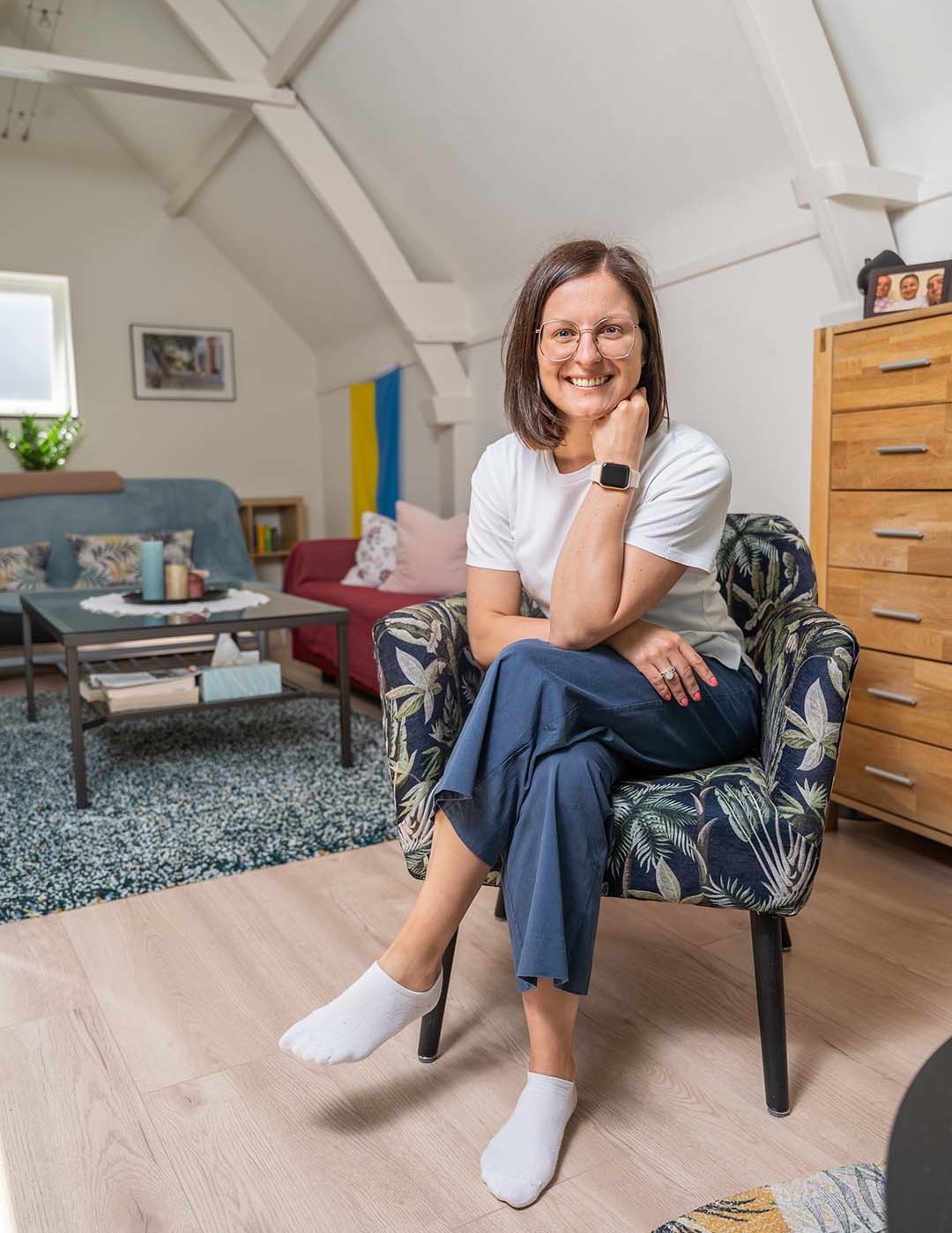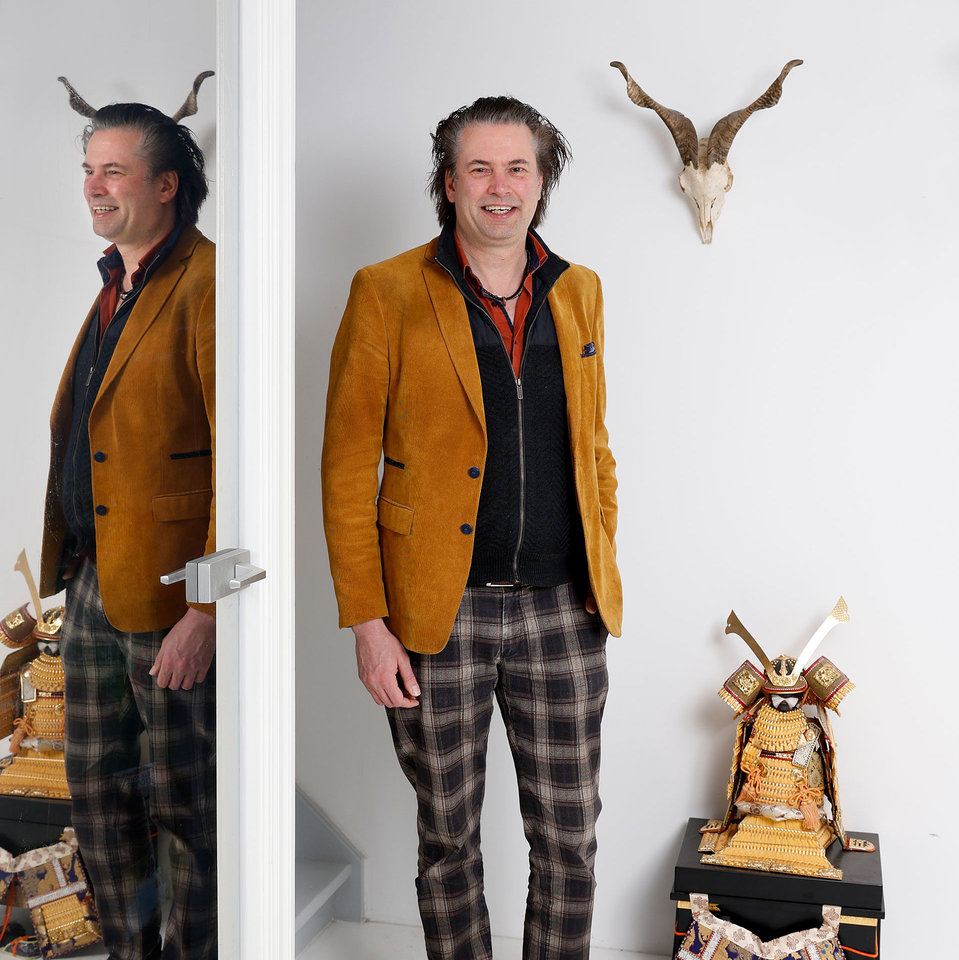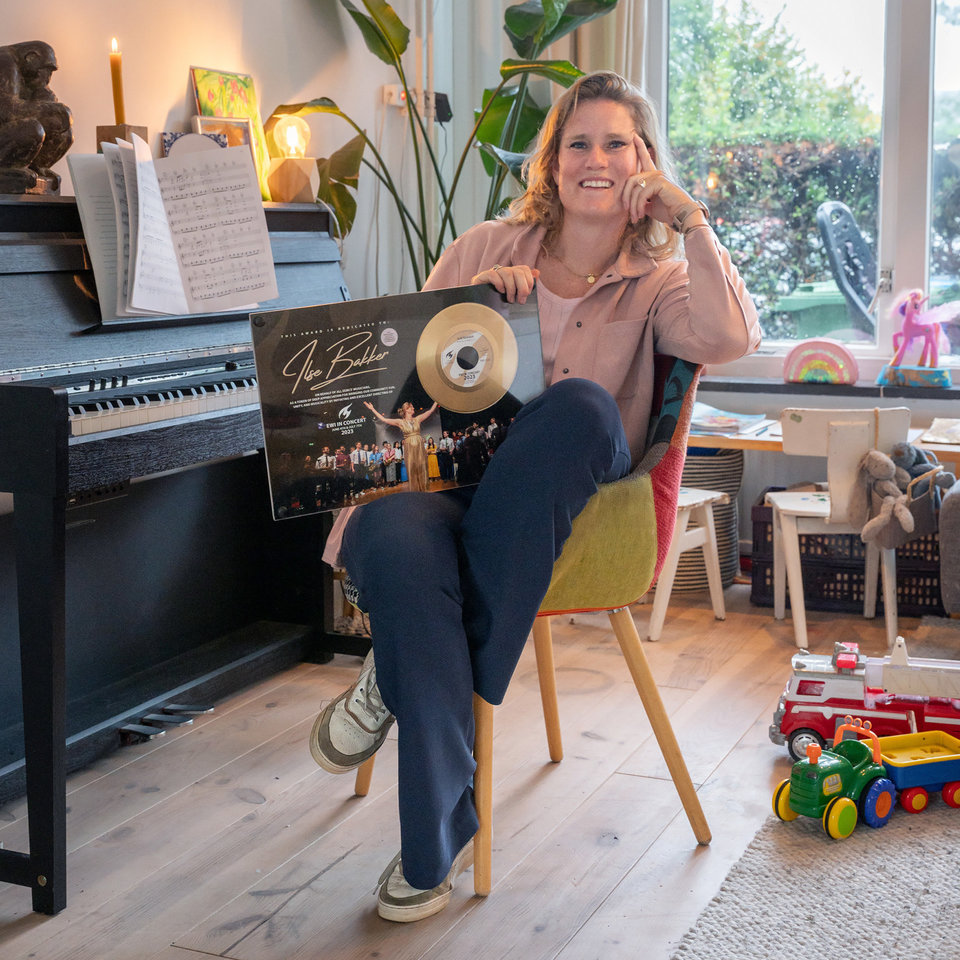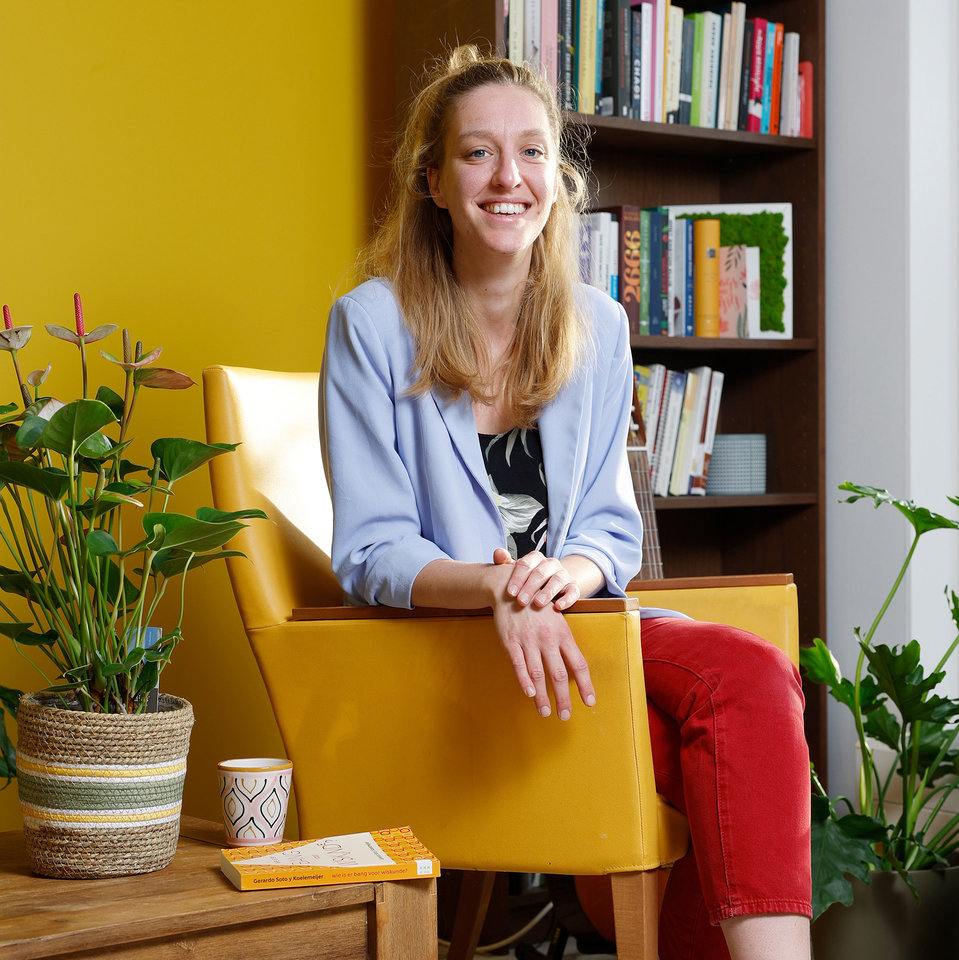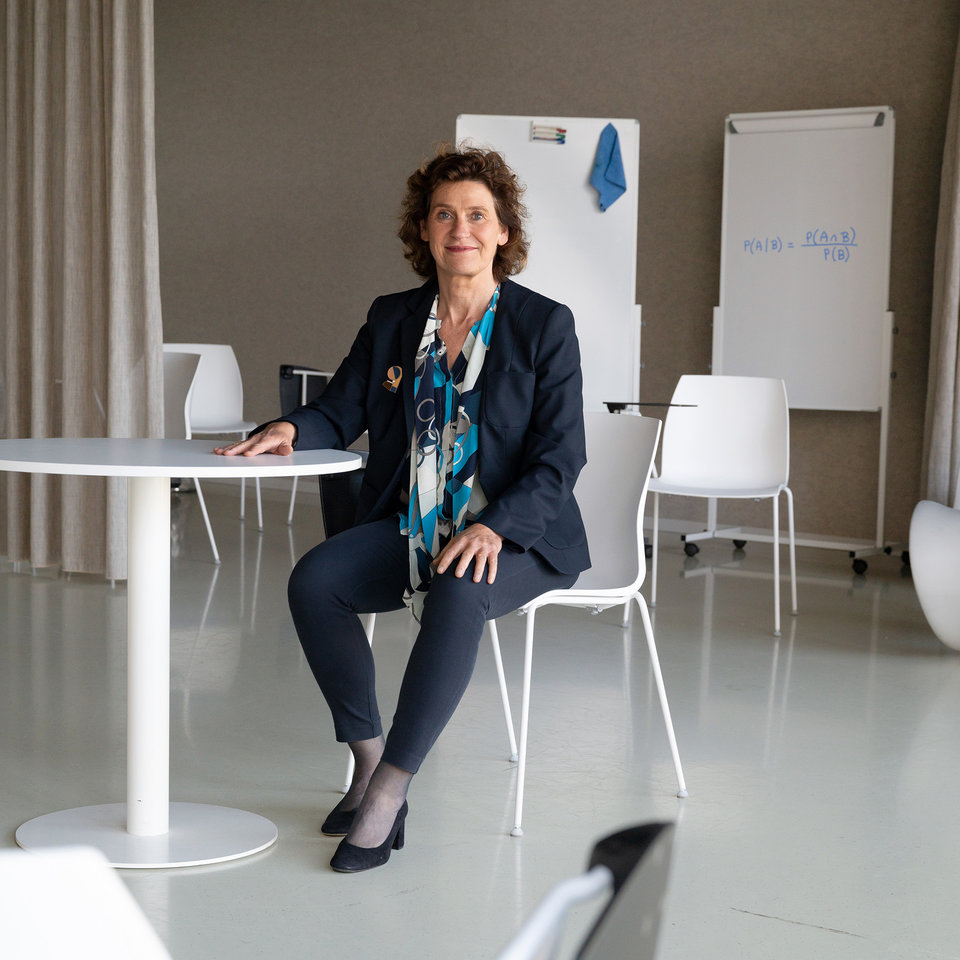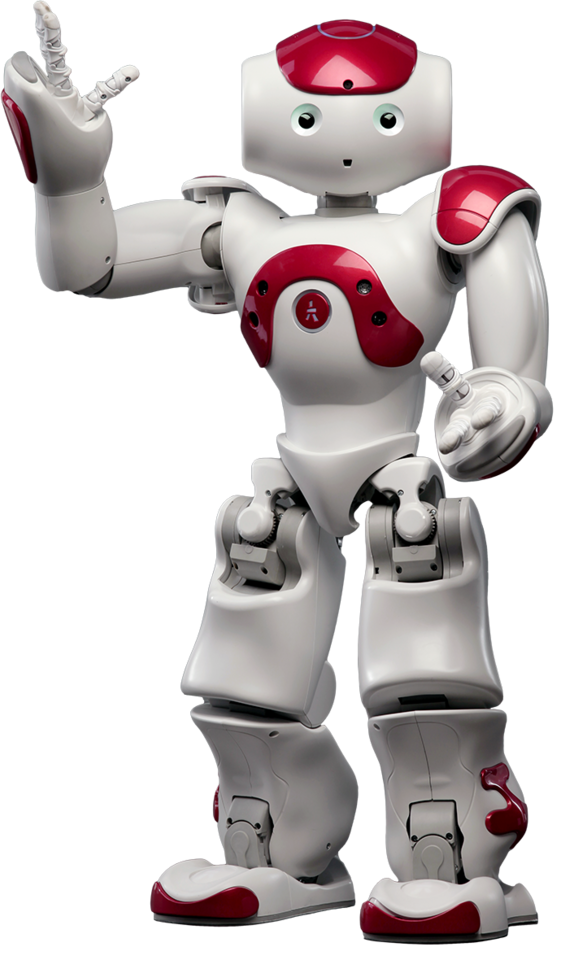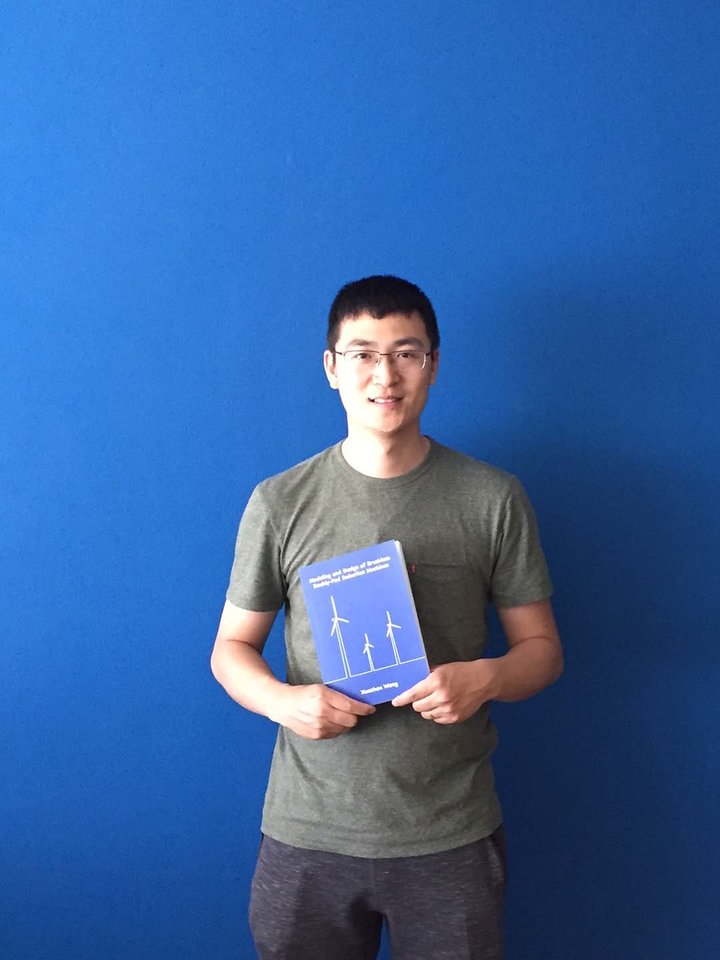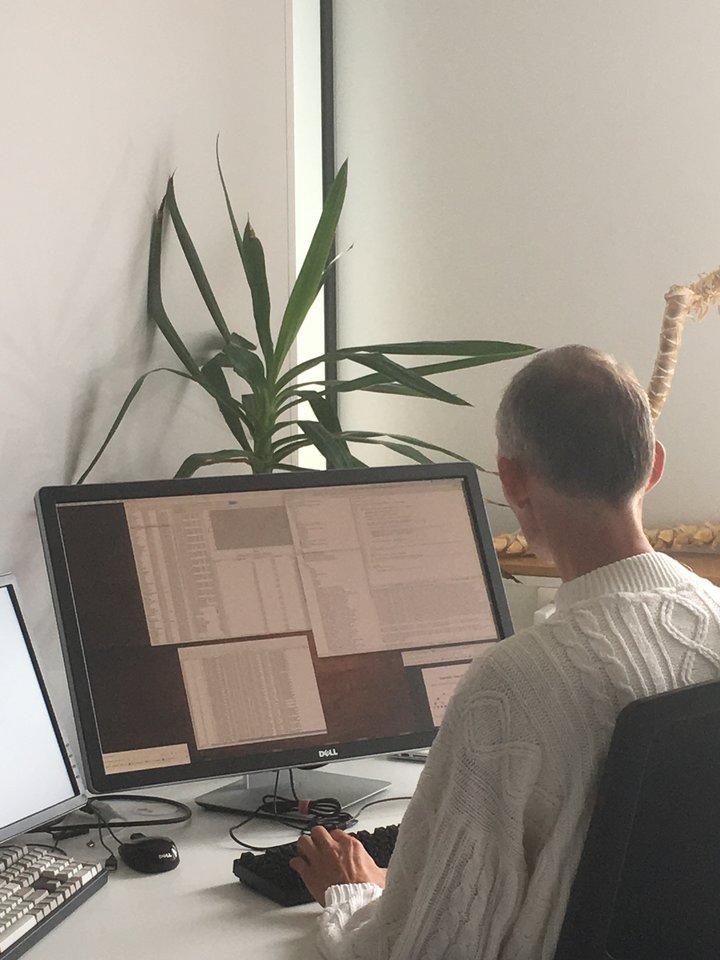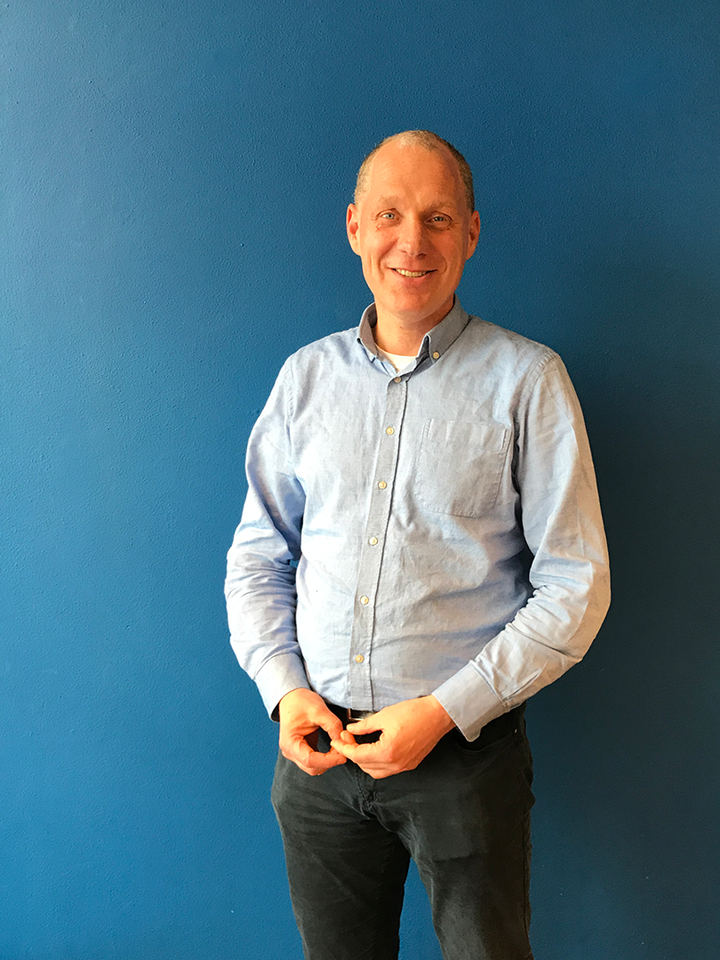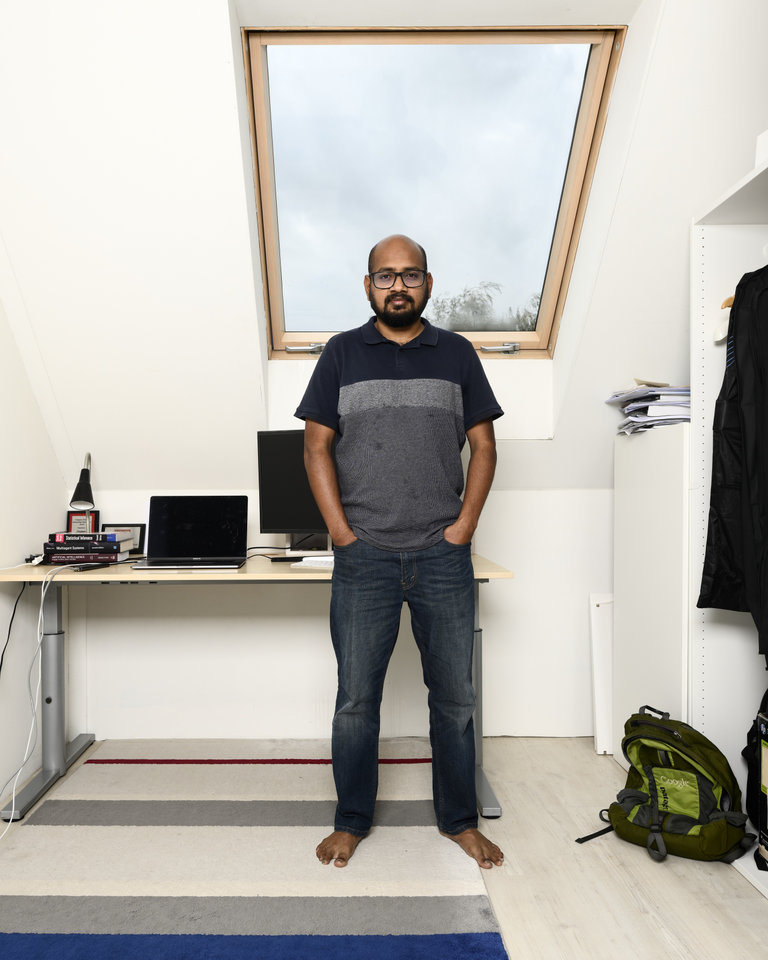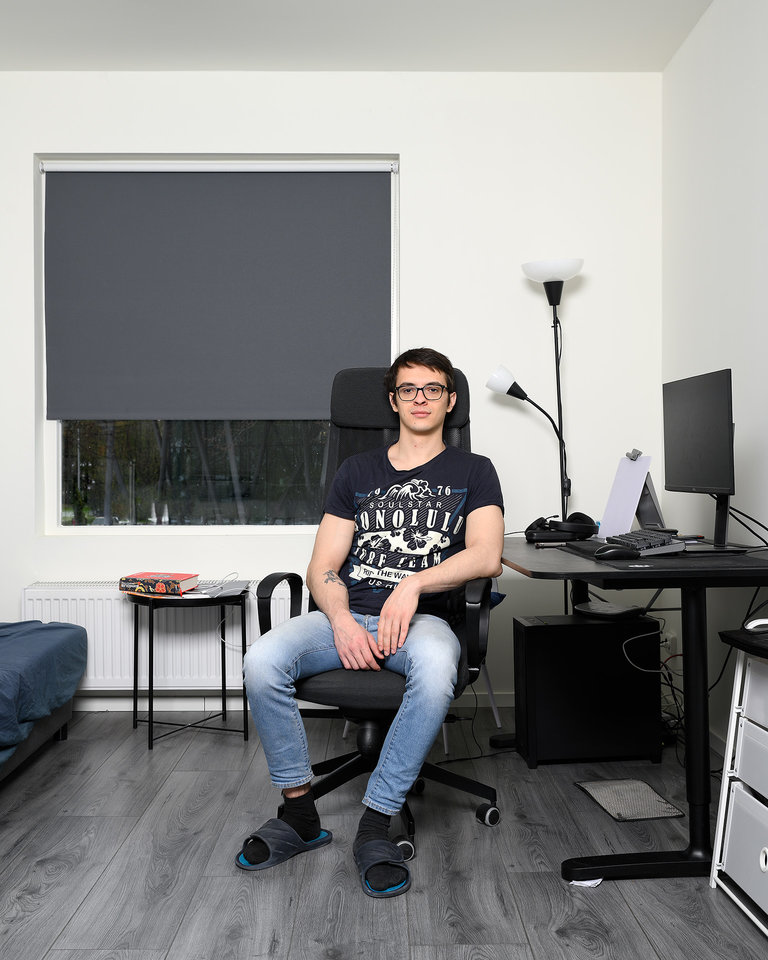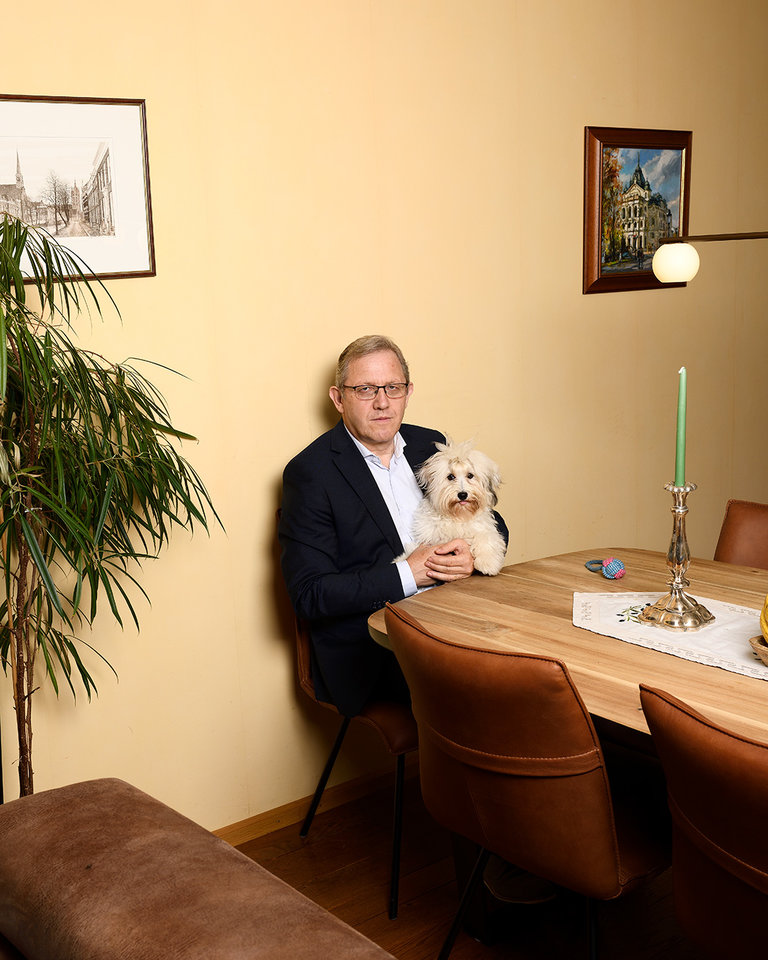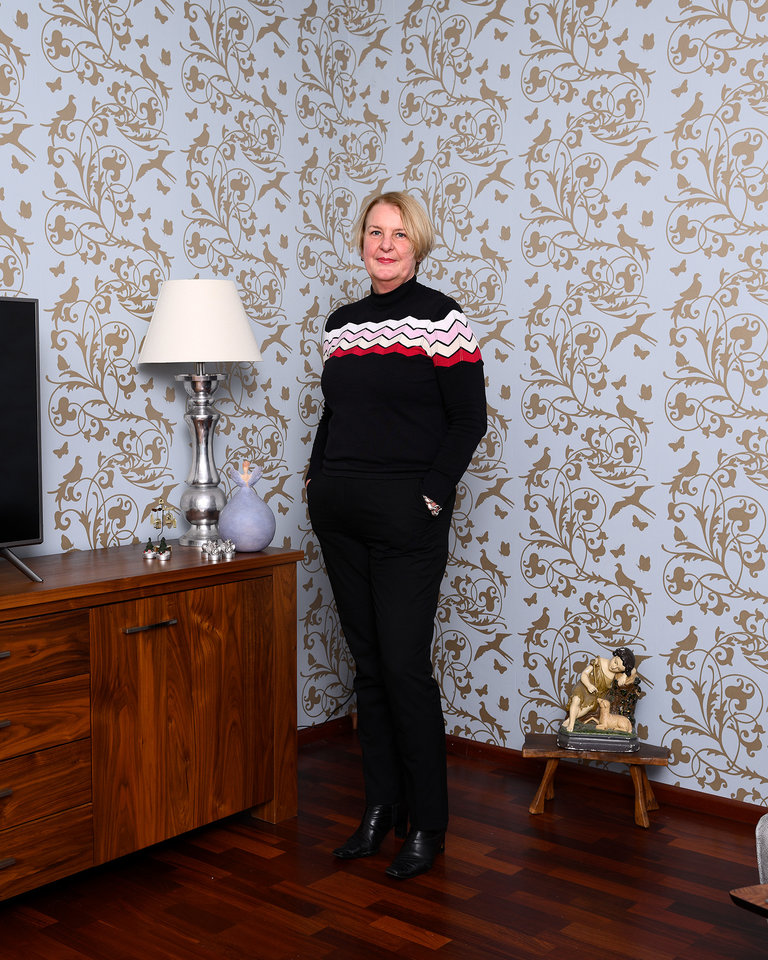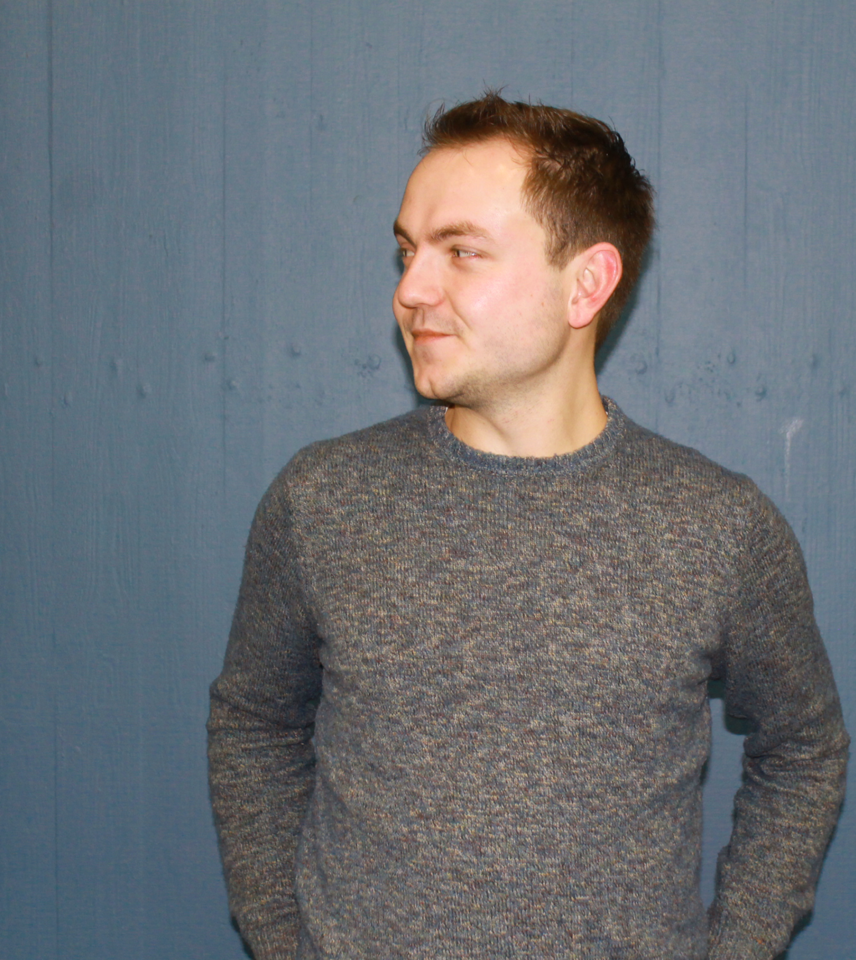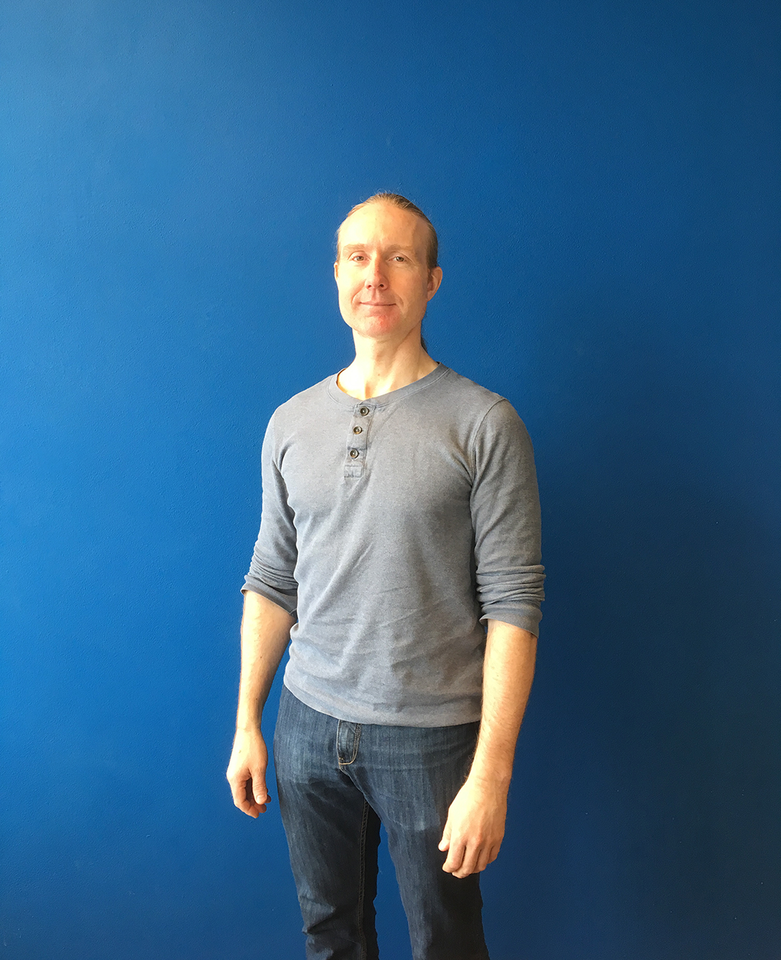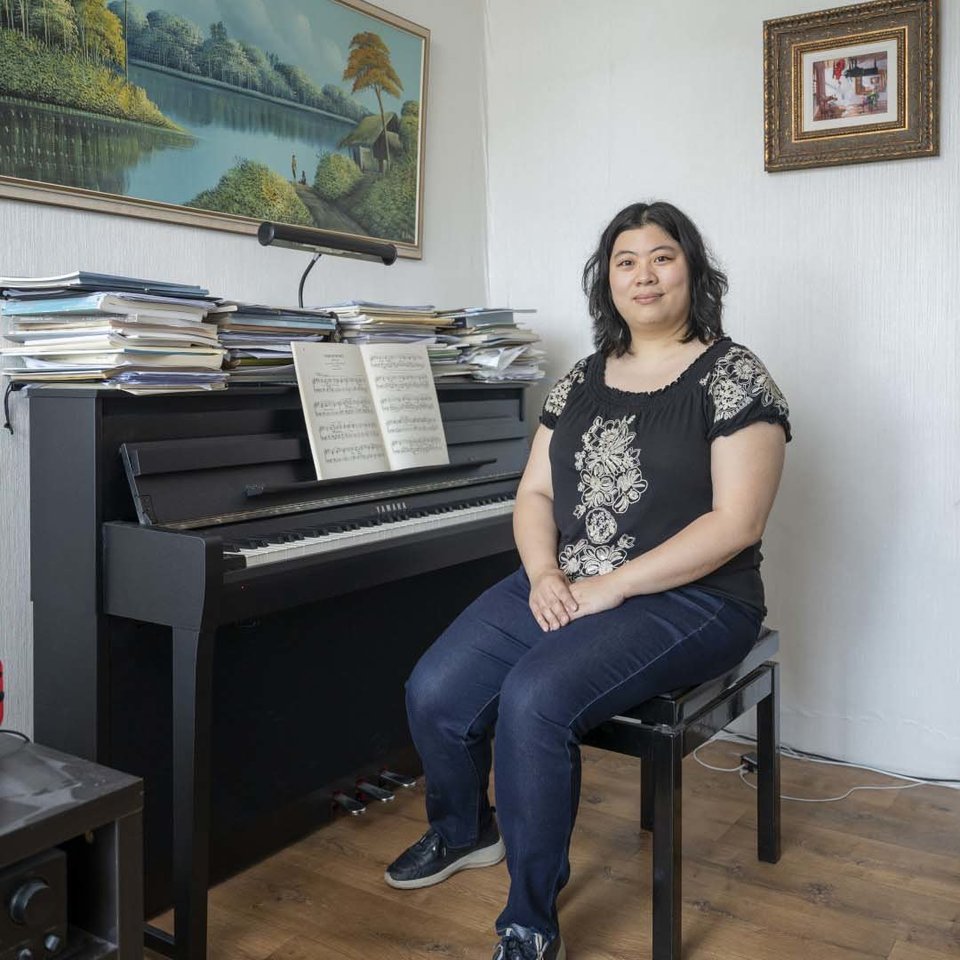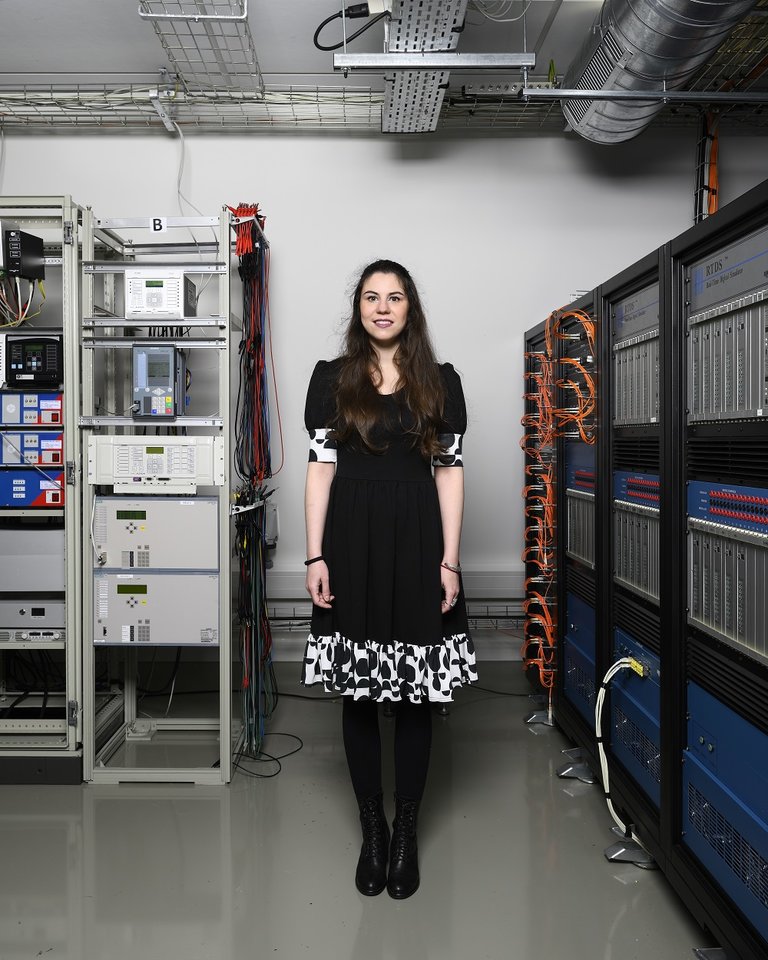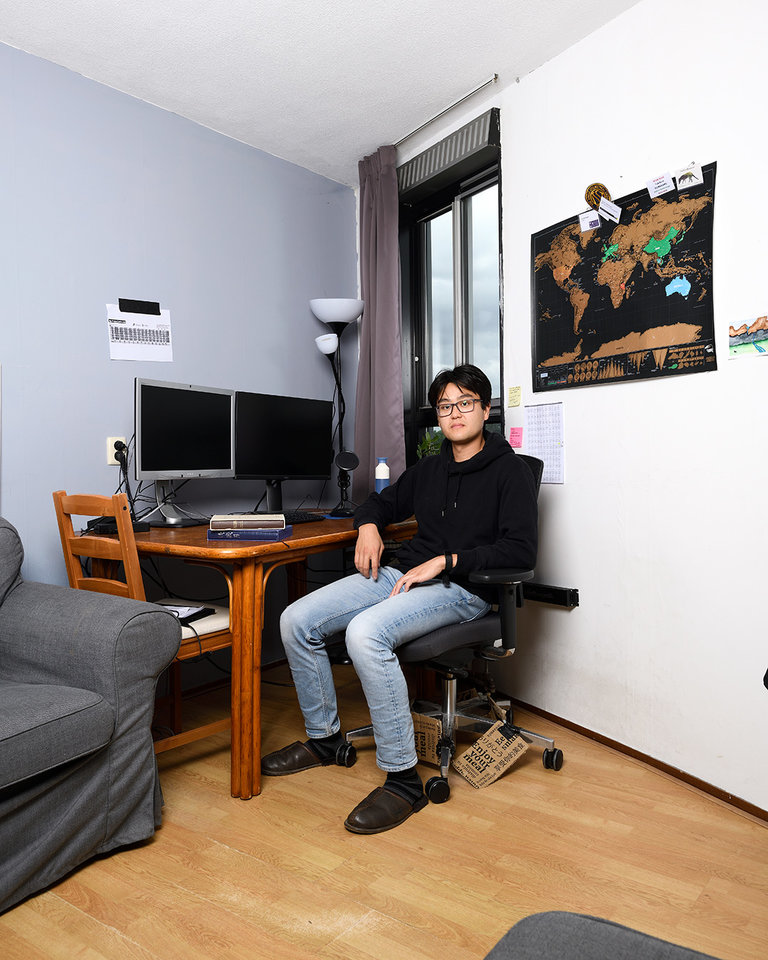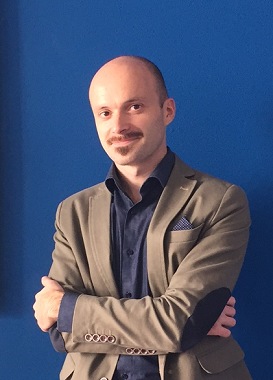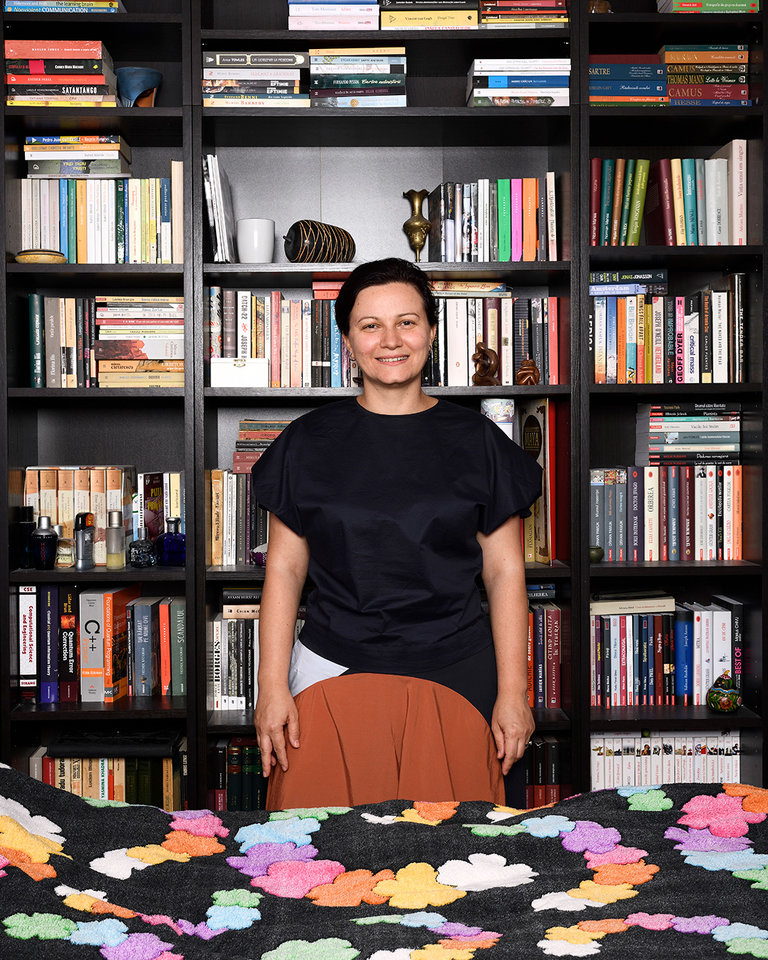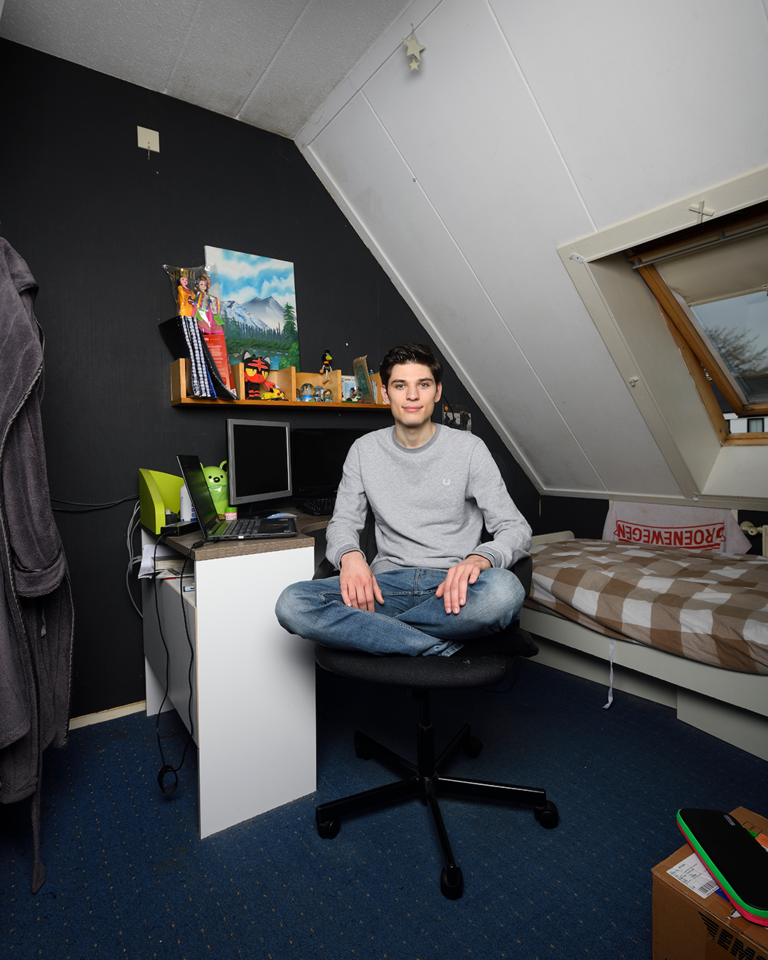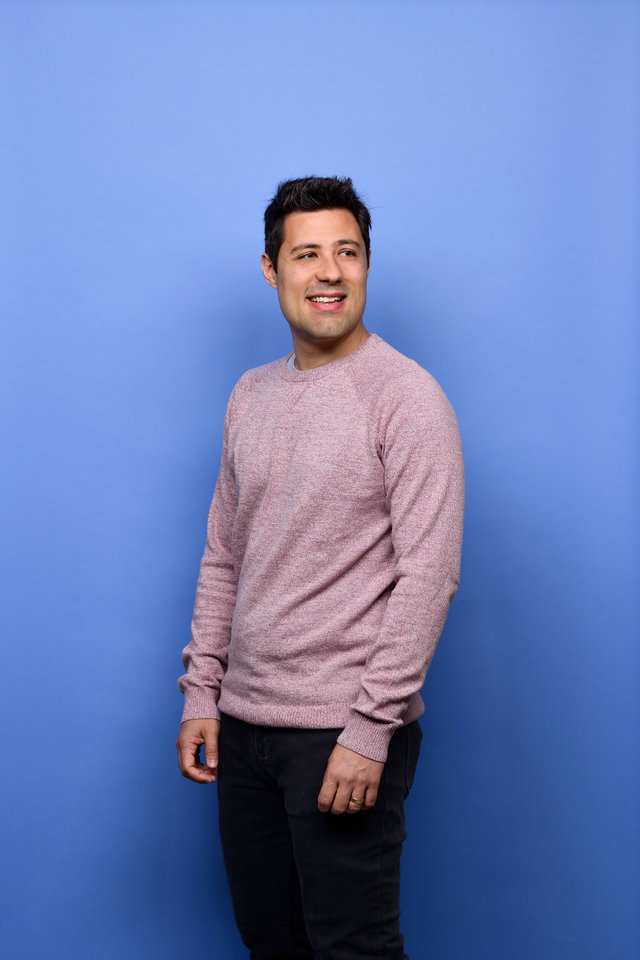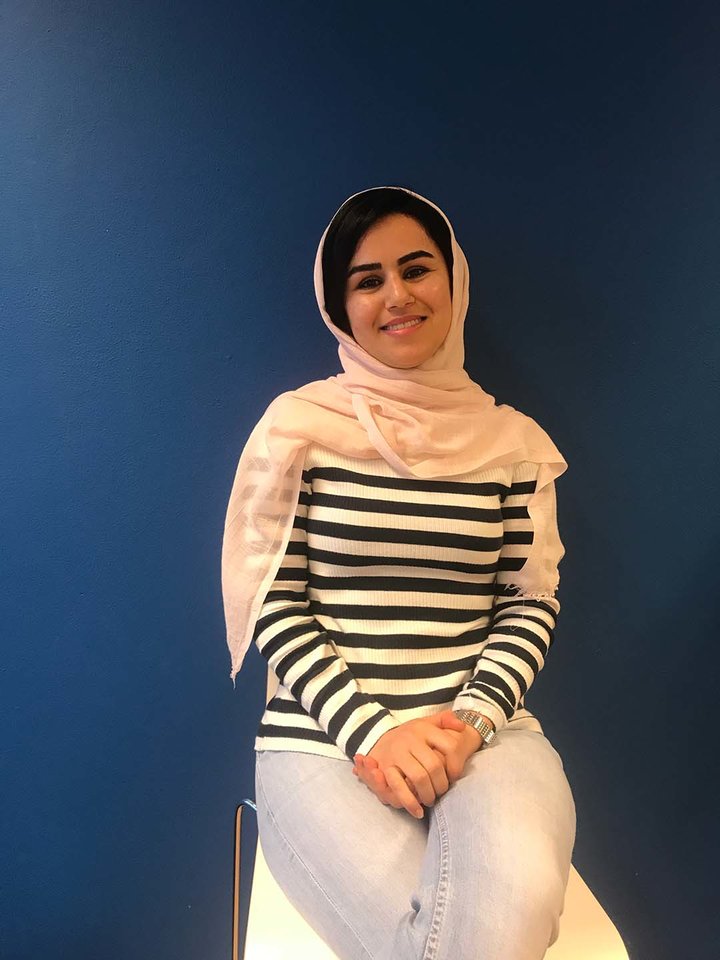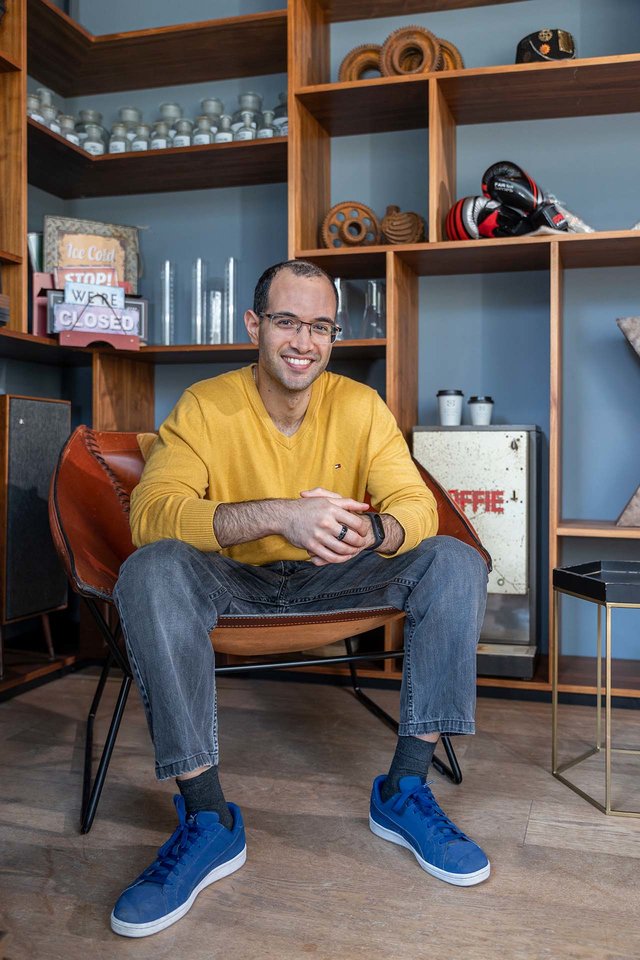Personal leadership is not only about improving yourself, and your own skills, but it is also about supporting others and bringing about change. In this series of Humans of EEMCS, we talk to four people who are dedicated to personal leadership causes within the faculty, in addition to their normal duties. This fall, for example, there are elections for the EEMCS OdC. We find out what drives people to use their personal leadership skills to devote themselves to these and other committees.
“My definition of personal leadership is to take your development – and your destiny – in your own hands. This is also what I did when I started as a tenure track researcher at TU Delft. I wrote a plan on how I wanted to develop professionally, in terms of hard and soft skills.
I joined TU Delft right before the COVID pandemic started, so just before the lockdowns. That was a very challenging time. We all worked from home and it was really difficult to get in touch with people. Joining the OdC definitely helped me to become visible and connect with more colleagues, especially during that time.
I got interested in joining the OdC by following an online presentation organised by the its former chair. They emphasised that they wanted a wide variety of candidates, from different departments and in different positions. That piqued my interest. I also wanted to get to know the organisation from behind the scenes. So I took part in the elections! My colleagues were very supportive about my initiative, which was also reflected in the number of votes that I got.
Within the OdC we are the representatives of, and elected by, our colleagues. Our main task is to be their voice and to take care of them. If needed, we can be the mediator between our colleagues and the management team or working council for example. Through the OdC I want to make our faculty a more inclusive and more open environment, a better environment for everyone. And I think that my international experience brings a different vision to it.
I am one of the few international employees in all of the OdCs at TU Delft, who started without a really decent Dutch knowledge. I am a Dutch speaker, but having this knowledge in my pocket was not always enough. For me it’s obvious that because we are in the Netherlands, and work at a Dutch university, the default language is Dutch. But I didn’t expect that it would be so difficult to get translations of the official requests, sent for our consideration, into English. Now the situation is much more improved, but still not ideal.
Of course, no one is obliged to talk to you in English. But since the culture of the university is already so inclusive, I think it could be even more inclusive in this particular regard. That would also make it more attractive for all employees – also internationals and new comers – to join OdC’s and maybe even the OR.
It is extremely important that early career researchers can also play a role within the OdCs or the OR. The OR also expects to attract PhDs during the next election. For the future of the university, I hope that it will become even more diverse. In terms of gender, sexual orientation, cultural background, but also in terms of career perspectives and career level. This is also a type of diversity that we have to talk about. In the future I would like to follow up on issues such as career perspectives and the Dutch language policy or Dutch language expectations from international employees.
My motto is that if you want to change something you have to engage. This is the working environment that we spend most of our day in. And if you want to make it better, you don’t have to wait until someone does it for you.”
